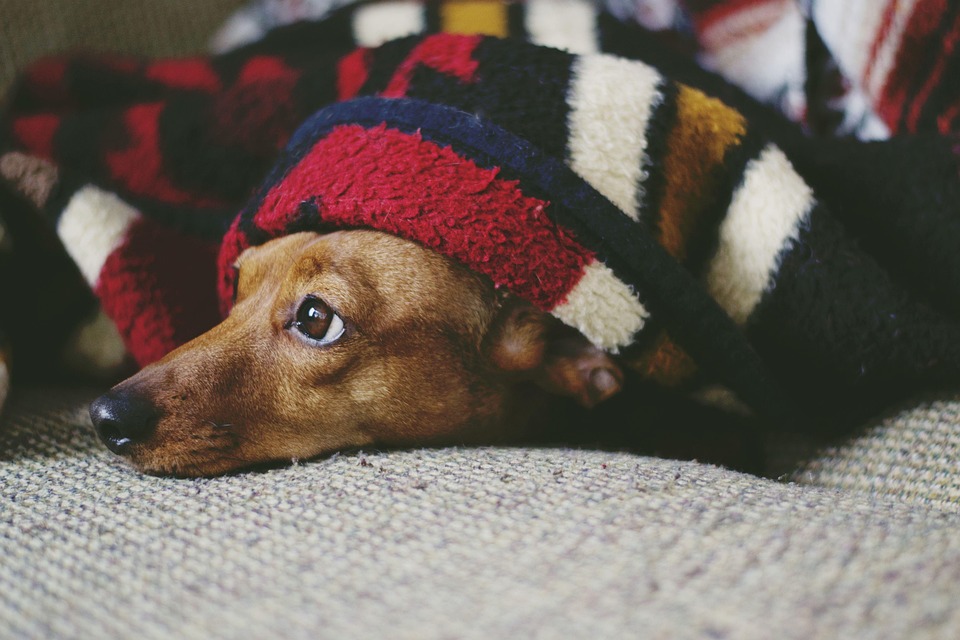
Bringing a new puppy into your home is an exciting adventure filled with joy and new responsibilities. One of the most crucial aspects of raising a healthy and happy puppy is ensuring they get adequate sleep, which is essential for their growth and development. Puppies, like human babies, need a lot of sleep to support their rapidly developing bodies and brains. Optimizing your puppy’s sleep schedule can contribute significantly to their overall health and well-being. This article will delve into the importance of sleep for puppies and provide practical tips on how to establish a healthy sleep routine.
The Importance of Sleep for Puppies
Puppies grow at an astonishing rate, and sleep plays a vital role in their development. Just like in humans, sleep helps puppies process the overwhelming amount of new information they acquire each day. During sleep, their bodies release growth hormones, repair tissues, and solidify memories, all of which are crucial for a young puppy’s development.
Physical Growth and Development
Sleep is paramount for physical growth in puppies. During sleep, their bodies produce growth hormones which contribute to bone and muscle development. Adequate sleep ensures that puppies grow strong and healthy, reducing the risk of developmental issues later in life.
Mental and Emotional Well-being
Sleep is also essential for cognitive development. Puppies learn and absorb new information every day, and sleep helps them process and retain this knowledge. A well-rested puppy is more likely to be attentive, responsive, and better behaved. Moreover, lack of sleep can lead to anxiety and stress, impacting their emotional health.
Understanding Your Puppy’s Sleep Needs
Puppies require significantly more sleep than adult dogs. On average, a puppy needs about 18 to 20 hours of sleep per day. However, this can vary depending on their age, breed, and individual needs. Understanding your puppy’s sleep requirements is the first step in creating an optimal sleep schedule.
Age-Specific Sleep Requirements
– **Newborn to 8 Weeks:** Very young puppies sleep most of the day and night, waking only to eat and briefly interact with their environment.
– **8 to 16 Weeks:** As they grow, puppies will sleep slightly less but still require around 18 to 20 hours of sleep per day.
– **4 to 6 Months:** Sleep needs decrease slightly as puppies become more active, often needing about 16 to 18 hours.
– **6 to 12 Months:** Puppies continue to require plenty of rest, around 14 to 16 hours per day, as they transition into adolescent dogs.
Breed-Specific Sleep Patterns
Different breeds may have varying sleep needs. For instance, larger breeds like Great Danes or Saint Bernards may sleep more due to their size and growth rate, while smaller breeds like Chihuahuas might be more active and sleep slightly less. Always consider your puppy’s breed when determining their optimal sleep schedule.
Creating an Optimal Sleep Environment
A comfortable and safe sleep environment is crucial for your puppy’s rest. Here are some tips to help you create the perfect sleeping space:
Choose the Right Bed
Invest in a comfortable and appropriately sized bed for your puppy. The bed should be soft but supportive, providing a cozy place for them to rest. Consider materials that are easy to clean and durable, as puppies can be messy.
Control the Sleep Environment
– **Temperature:** Keep the sleeping area at a comfortable temperature. Puppies can be sensitive to extreme temperatures, so ensure they are neither too hot nor too cold.
– **Noise Levels:** Puppies need a quiet environment to sleep well. Minimize loud noises and disturbances, especially during their nap times.
– **Lighting:** Dim the lights during nighttime to help your puppy distinguish between day and night, reinforcing a healthy sleep-wake cycle.
Establishing a Consistent Sleep Schedule
Consistency is key when it comes to optimizing your puppy’s sleep schedule. A regular routine helps regulate their internal clock, making it easier for them to know when it’s time to sleep and when it’s time to be active.
Set a Regular Bedtime
Establish a consistent bedtime for your puppy. This helps them develop a routine and signals their body that it is time to wind down. Stick to this schedule as closely as possible, even on weekends.
Implement Wind-Down Activities
Before bedtime, engage your puppy in calming activities such as gentle play or a short walk. Avoid stimulating activities that could make it harder for them to settle down.
Monitor Nap Times
Puppies need multiple naps throughout the day. Ensure these naps are spread out evenly and are not too close to bedtime, which can disrupt their nighttime sleep.
Addressing Common Sleep Issues
Even with the best intentions, sleep issues can arise. Here are some common problems and how to address them:
Napping too Much
If your puppy seems to nap excessively during the day, it could be impacting their nighttime sleep. Gradually adjust their nap times to ensure they are getting enough sleep at night.
Separation Anxiety
Some puppies experience anxiety when left alone, which can disrupt their sleep. Practice leaving them for short periods and gradually increase the time to help them adjust. Providing comfort items like a piece of your clothing can also help ease their anxiety.
Nighttime Restlessness
If your puppy is restless at night, they may need more physical activity during the day. Ensure they have enough exercise to burn off excess energy but avoid vigorous activities too close to bedtime.
Conclusion
Optimizing your puppy’s sleep schedule is an essential part of ensuring their health and happiness. By understanding their unique sleep needs, creating a comfortable sleep environment, and establishing a consistent routine, you can support their growth and development. With patience and dedication, your puppy will not only enjoy better sleep but also a healthier, more balanced life. Remember, a well-rested puppy is a happy puppy, and investing in their sleep is an investment in their future.
#ChatGPT assisted in the creation of this article.















